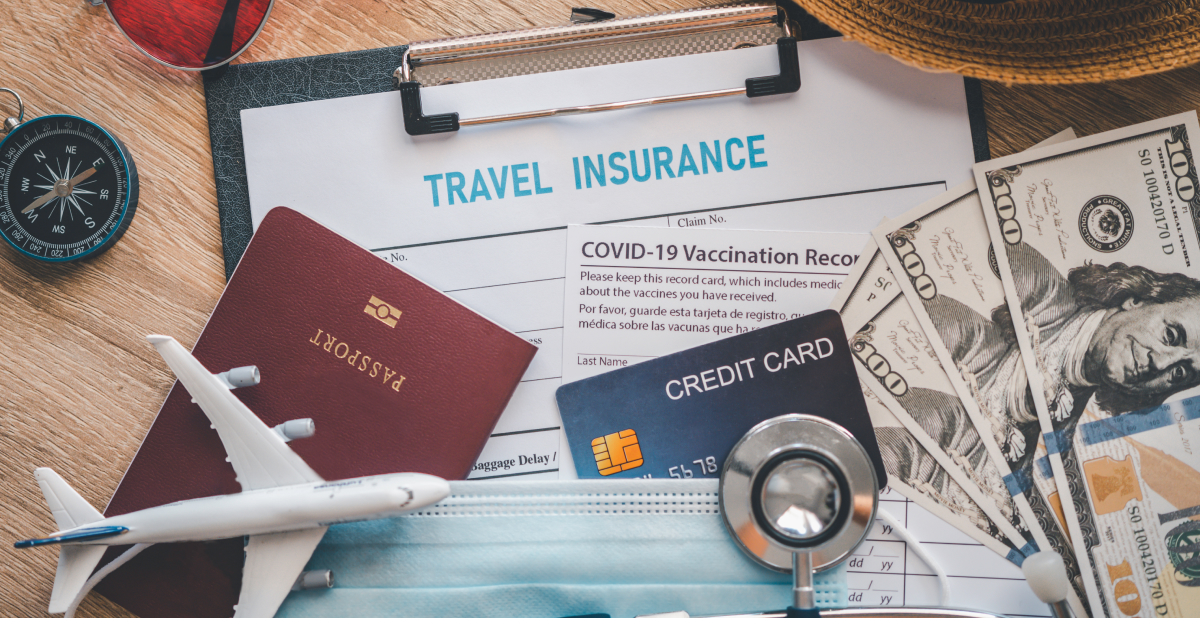How to Choose the Best Travel Insurance Plan
Travel insurance provides peace of mind by protecting you from unexpected events such as trip cancellations, medical emergencies, lost baggage, and travel delays. With numerous providers and coverage options available, selecting the right travel insurance plan can feel overwhelming.
To make an informed decision, it’s important to understand the key factors that influence travel insurance policies. This guide will walk you through essential considerations when choosing the best travel insurance plan for your needs.
Guide in Choosing the Best Travel Insurance Plan

1. Assess Your Travel Needs
Before purchasing a travel insurance policy, consider the nature of your trip. Are you traveling internationally or domestically? Will you be engaging in adventure sports? Do you need medical coverage? Understanding your travel plans will help you determine the necessary coverage.
2. Understand the Types of Coverage
Different travel insurance plans offer various types of coverage. Some of the most common include:
- Trip Cancellation and Interruption: Covers non-refundable expenses if your trip is canceled or cut short due to covered reasons.
- Medical and Emergency Evacuation: Provides coverage for medical emergencies, hospital stays, and medical evacuations while traveling.
- Baggage Loss and Delay: Compensates for lost, stolen, or delayed luggage.
- Travel Delay and Missed Connections: Covers additional expenses due to unexpected delays.
- Accidental Death and Dismemberment: Provides benefits to your family in case of serious injury or death during your trip.
3. Compare Insurance Providers
Not all travel insurance providers offer the same benefits. Research different companies, read customer reviews, and compare their coverage limits, exclusions, and claim processes. Look for insurers with strong reputations for reliability and customer service.
4. Check Policy Exclusions and Limitations
Every travel insurance plan has exclusions and limitations. Common exclusions include pre-existing medical conditions, risky activities like extreme sports, and claims related to political unrest or pandemics. Read the fine print carefully to ensure you understand what is and isn’t covered.
5. Consider the Cost and Coverage Limits
While it’s tempting to go for the cheapest plan, make sure it provides adequate coverage. Look for a balance between cost and protection, considering factors such as medical coverage limits, trip cancellation reimbursement, and baggage protection.
6. Look for 24/7 Assistance Services
Many travel insurance providers offer 24/7 emergency assistance. This service can be invaluable if you need medical help, legal assistance, or emergency evacuation while abroad. Ensure your chosen provider offers global support that aligns with your travel destinations.
7. Understand the Claims Process
Before finalizing your travel insurance policy, review the claims process. Find out how to file a claim, what documentation is required, and the typical processing time. A smooth and efficient claims process can make a big difference in times of crisis.
